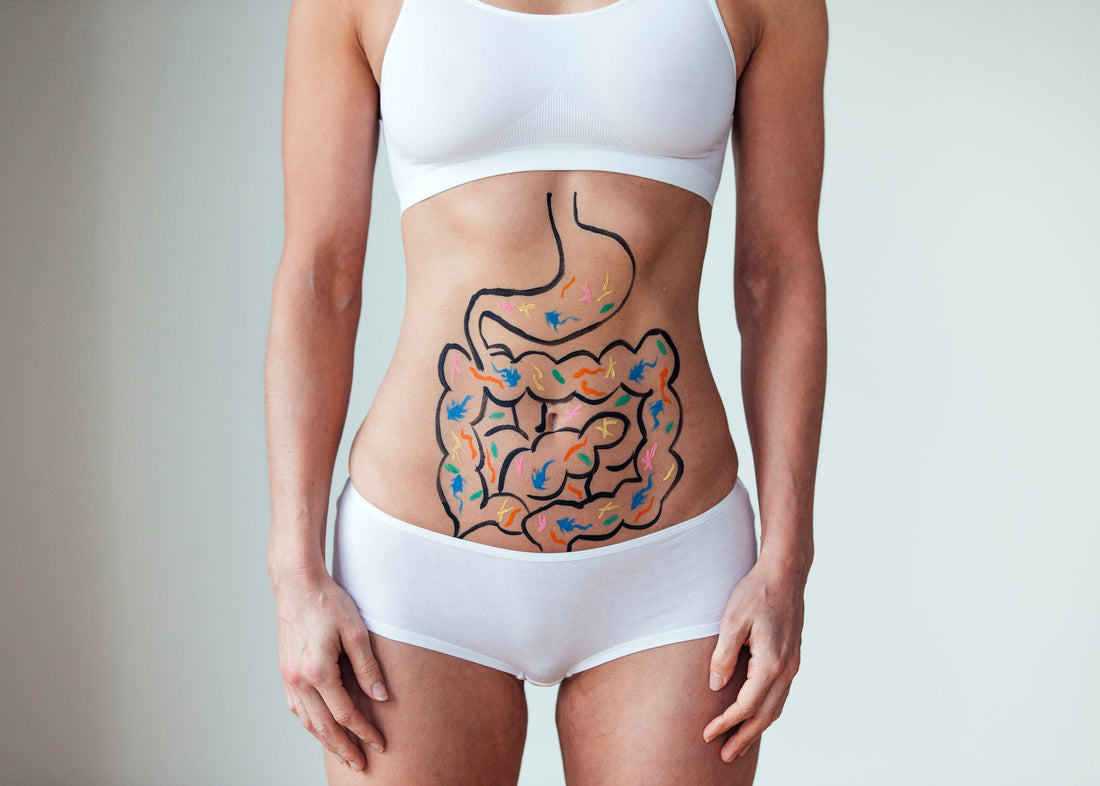
The Importance of Gut Health Part 2
As we learned in our previous post, having poor digestion can be a real pain in the gut, which is why it’s important to follow these tips for getting and keeping things moving…

5. Hydrate. Drinking the appropriate amount of water is key for so many bodily functions, especially when it comes to keeping things running properly. Fiber partners up with water and pulls it into the colon to make large stools that are soft enough to pass through the colon easily. Be sure the water does not contain chlorine and fluoride contained in most city water. The Berkey filter is an excellent sink- filter to remove fluoride and chorine. These chemicals can affect your hormonal balance, cause illness and weight gain.
6. Add a probiotic to your daily routine. The good bacteria that is found in your gut, is essentially the same thing that is found in a probiotic, which can do wonders for your digestive system. Probiotics aid in nutrient absorption and help break down lactose when you are suffering from a poor diet. They also enhance nutrient absorption when you are following a healthy diet. In addition, a probiotic will do wonders for your immune system and will even sort out irritable bowel syndrome (IBS).
7. Choose meats that are lean. Having a meal plan that is high in protein is ideal for a healthy diet, however; it’s especially important to consume meats that are lean and free of unnecessary fat. Meats that have too much fat can cause digestion discomfort.
8. Take control of stress. For most of us, stress is a part of our everyday life, and we have become so accustomed to it that we seldom even know when we are in a stressful state. Known as the “silent killer,” stress can wreak havoc on all of our bodily functions, including digestion. When we are over-stressed, our digestive systems go into overdrive, which is why it’s important to adopt daily routines that combat stress. It’s important to fit in stress-reducing activities that work on a daily basis. Exercise, meditation, and connecting with others, are all ways that offer an escape from stress.
9. Pay attention to the different fibers. It’s important to consume both soluble and insoluble fiber, because they affect your digestive system in different ways. Fiber that is insoluble is often categorized as roughage and is necessary to add bulk to the stools for proper passing. Soluble fiber, on the other hand, absorbs water and can actually aid in making stools that aren’t too watery. Examples of soluble fiber are veggies and nuts. Be careful with the nuts because you can put on weight if you eat too many.
Always remember that there are 40 trillion bacteria’s hard at work in your gut at any given moment, and it’s important to give them what they need to keep functioning properly.
Ready to make a change in your life? Let's talk CLICK HERE

